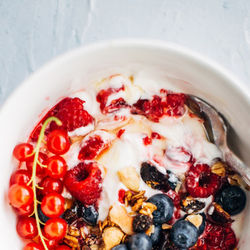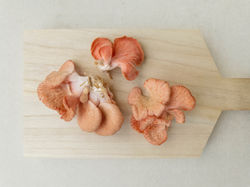
pinehurst health
grow every day
Vitamin D
What is it?
Vitamin D (also referred to as “calciferol”) is a fat-soluble (meaning it is stored in fat) vitamin that is naturally present in a few foods, added to others, and available as a dietary supplement. It is also produced endogenously when ultraviolet (UV) rays from sunlight strike the skin and trigger vitamin D synthesis. Vitamin D promotes calcium absorption in the gut and maintains adequate serum calcium and phosphate concentrations to enable normal bone mineralization.
What does that mean?
Basically you can get vitamin D from the sun or food!
Why do you take it?
Bone health—think osteoporosis prevention
Immunity—there may be some decreased risk of certain cancers
How much should I get?
19-70 y/o: 600 IU
>71 y/o: 800 IU
What happens if I don’t get enough?
Bones can start to thin
What happens if I take in too much?
Kidney stones
Nausea
Constipation
(See link above for more details)
What can I eat?
Tuna
Milk (fortified)
Salmon
Eggs
Mushrooms
Margarine (fortified)
I will admit, this is one that you can actually take the supplement and get a good bit from it. Here is a dietitian's recent article on the best vitamin D supplements.
 Sardines |  Berries and Oatmeal Yogurt |  Drinking Milk |
|---|---|---|
 Mushroom Soup |  Salmon |  Fresh Butter |
 Egg Delivery |  Wild Mushrooms |